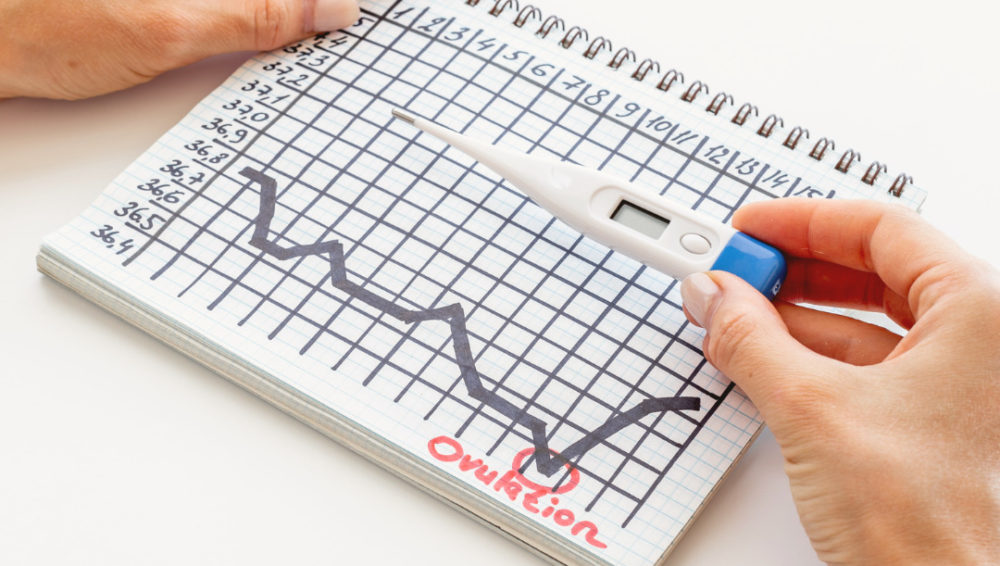How do you know that you have been ovulating?
Ovulation can lead to bloating, tender breasts, and a slight increase in your basal body temperature. However, not everyone experiences these changes.

Ovulation can lead to bloating, tender breasts, and a slight increase in your basal body temperature. However, not everyone experiences these changes.
Your body after ovulation
After the release of an egg from one of your ovaries, a process known as ovulation, your body starts to prepare for a possible pregnancy. This involves changes in hormones that can cause physical and emotional symptoms you may be able to detect.
The symptoms
The post-ovulatory phase of your cycle is also known as the luteal phase. This is the time between ovulation and the start of your next period. Here are some common symptoms you might notice:
- Breast tenderness: Hormonal changes might make your breasts feel sore or swollen
- Mood swings: Hormonal fluctuations can also affect your mood. You might feel irritable, anxious, or experience mood swings
- Changes in discharge: You might notice that your vaginal discharge becomes creamier and thicker after ovulation
- Mild pelvic pain: Some women experience a slight twinge or cramp on one side of their lower abdomen. This is often called ‘mittelschmerz’, a German word meaning ‘middle pain’. Not everyone feels this, but it’s perfectly normal if you do
- Increased basal body temperature: If you’re tracking your temperature daily, you might notice a slight increase following ovulation
- Bloating: Hormonal changes might cause you to feel bloated or experience gastrointestinal issues
Everyone is different. Some women might experience several of these symptoms, others might notice only one or two, and some might not notice any. In a typical menstrual cycle, the timing of your period is linked to ovulation. If you have regular, predictable menstrual cycles, it is likely that you are ovulating regularly.
It’s also important to know that these symptoms can be similar to those of premenstrual syndrome (PMS) or early pregnancy.
When should you seek help?
If your symptoms are severe or causing you a lot of discomfort, it’s a good idea to seek medical advice. Some conditions like ovarian cysts or endometriosis can also cause similar symptoms, and it’s important to get these checked out.
Paying attention to these symptoms can help you understand your body’s rhythms better. It’s an empowering step towards managing your health and fertility. Always remember, your experiences are unique to you. What’s ‘normal’ can vary widely from woman to woman.
Verified:
Dr. Sirichet Anekpornwattana (Fertility doctor) (1 August 2023)



